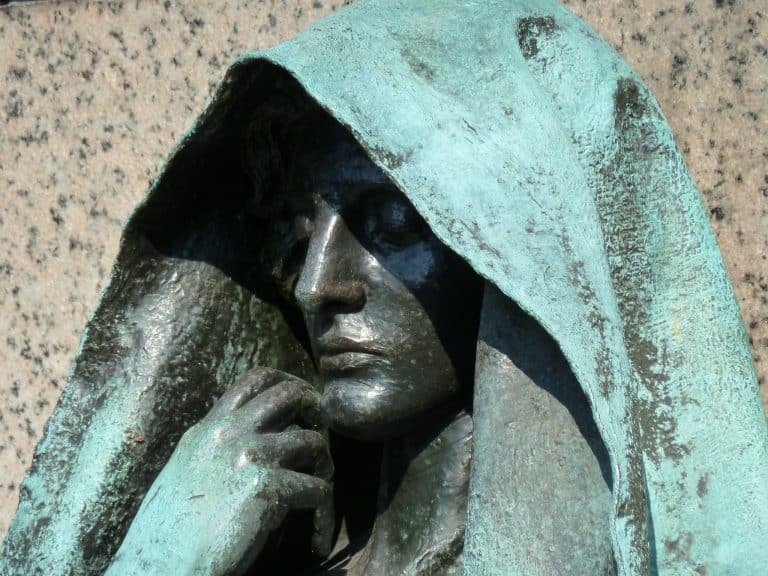Earlier this week I was with my online congregation. Attendance was up. A lot of people shared worries and the specifics of what they were experiencing during this time of coronavirus and social distancing. Our speaker referenced a comment in Kate Bowler’s book Everything Happens for a Reason and Other Lies I Have Loved (great book). Bowler, a historian at Duke Divinity, was diagnosed with stage 4 cancer while studying the history of the prosperity gospel. She complained that “Everyone was trying to Easter the crap out of my Lent” (p. 134) by trying to frame her diagnosis as an inspirational story while she wanted to grieve the loss of her health.
Right now Christians around the world are celebrating Lent, the liturgical season where we figuratively wander in the desert and reflect on the challenges of our journeys. Our global pandemic puts us all in that wilderness. Easter will come, but we have a lot of Lent to wade through before it happens. Bowler’s phrase struck me because that is exactly what I’ve been trying to do: gloss over the losses of the pandemic without grieving them, telling myself that I can be positive and power through.
While that can-do spirit serves me well much of the time, it wasn’t serving me well this past week. Within just a few days, I started showing early signs of depression. I usually read a ton during spring break (haven’t done that), nap (haven’t done that), draft some mediocre poems (haven’t done that), and feel the gift of time (nope). I needed to change the way I was approaching this. I needed to stop Eastering the crap out of my Lent and let myself grieve the things I have lost.
When I stopped resisting my sadness and let myself name and feel the grief of a cancelled-at-the-last-minute family vacation and the cancellation of three conferences that I always enjoy, I felt a lot better. I reduced my panic-scrolling through social media and started to make more practical plans of how I was going to care for myself and my family at this difficult time.
We are all grieving different things and our social locations are part of that. My planned family vacation was an extension of my economic privilege and those conferences reflect my academic and economic privileges. Others have lost jobs and likely many more will, with knock on effects on housing and access to food. People will miss out on family events, gatherings with friends, work and job opportunities, and big and small life milestones. We are all losing some degree of freedom of movement.
Many Asian folks and people of Asian descent have experienced additional racism as President Trump and others have racialized the virus in their public discourse. Some will experience deteriorating mental health and/or increased domestic violence. Many people will have to achieve more with fewer resources, like working from home while homeschooling and caring for children. We will probably encounter the limits of our health systems. A friend had to miss her grandmother’s funeral. I fear there will be many missed funerals for all of us in the coming months.
Let’s take time to grieve what we have lost and what we are losing. We cannot sprint through our mourning. The pandemic likely won’t be over when Easter arrives on Sunday, April 12. Our conceptions of “normal” will not yet be ready for resurrection. We are likely to be in this peculiar Lent for a while, so we’re probably better off letting ourselves grieve the things we are losing in this strange season. So let us individually and collectively name what we have lost and allow ourselves to feel those losses without guilt and express them where appropriate.
What have you lost? What are you losing?
I am sorry for the things you have lost.
When we have identified and mourned, be ready to ask others what they have lost and listen with careful attention to what they have to say, mourning with those that mourn (Mosiah 18:9 & Romans 12:15).






6 Responses
Thank you, Nancy. Very wise, very helpful words.
This perfectly captures the strange mix of emotions I’ve had. Thank you for articulating it so beautifully.
Excellent. I have not grieved enough in my life having been surrounded my lemonade makers. Grieving is important to our understanding before we are able to move forward again.
[…] of this grief, profound disruption in everyday routines, and basic sense of safety. For example, Nancy Ross wrote beautifully on the blog about the grief involved in the losses people are experiencing right now […]
So needed this today. And I love love the Kate Bowler book ❤️